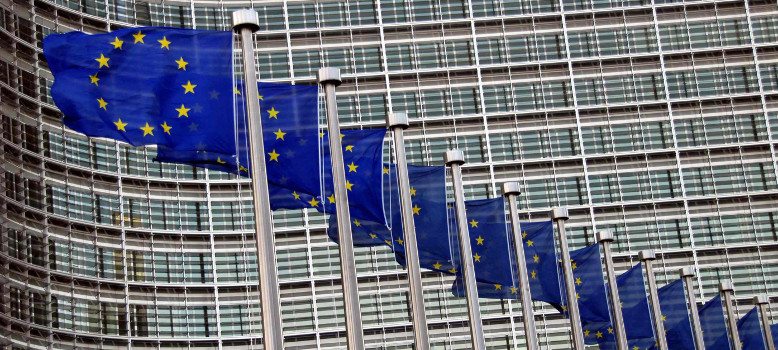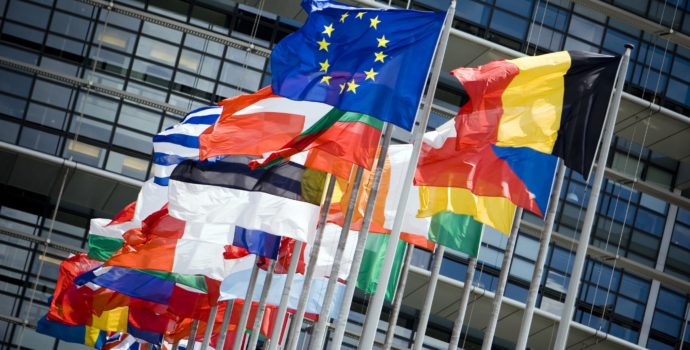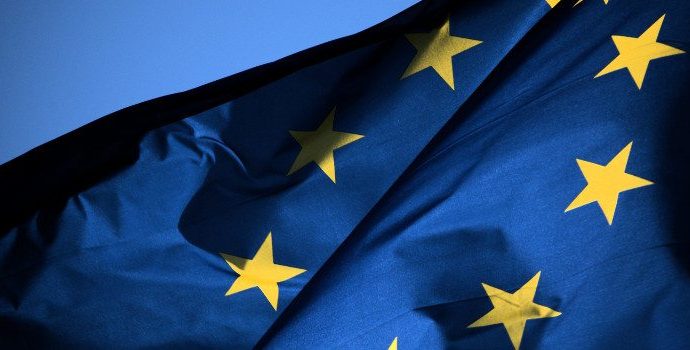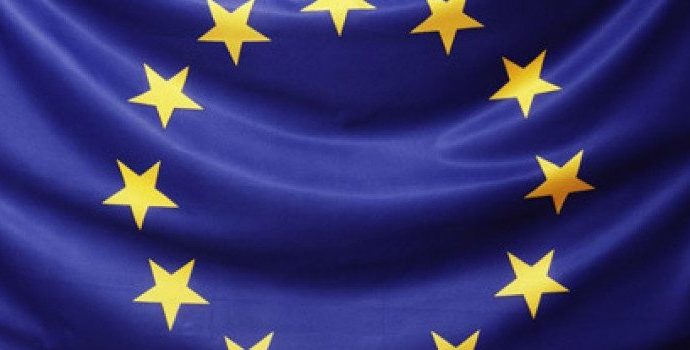European Commission Daily News 14th December

Farm to Fork Strategy and Europe’s Beating Cancer Plan: Commission launches public consultation to revise Food Information to Consumers
Today, as part of its Farm to Fork Strategy and Europe’s Beating Cancer Plan, the Commission is launching a public consultation on the revision of the Food Information to Consumers (FIC) legislation. The aim is to overhaul the EU’s legislation and to submit, by the end of 2022, a legislative proposal to the European Parliament and the Member States. The four areas concerned by the revision are Front of Pack nutrition labelling/Nutrient profiling, Origin labelling, Date marking and Alcoholic beverage labelling. Stella Kyriakides, Commissioner for Health and Food Safety, said: “The role of consumers and the choices they make are crucial in catalysing the shift to healthier and more sustainable food products. The clearer the labelling is, the easier it is to empower consumers to make informed, healthy, and sustainable food choices, an objective at the core of our Farm to Fork Strategy and Europe’s Beating Cancer Plan. Clearer labelling is also what will help us reduce food waste and strengthen the sustainability of the food chain. Consumers have been requesting for many years to have clear and complete information on the food they are buying, including when it comes to its origin. I call for a wide participation in this consultation to support us to present a proposal that is as ambitious as possible and shape a sustainable food system that works for producers and consumers. Our aim is to ensure that citizens always come first.” The public consultation which will run for 12 weeks, until 7 March 2022, is expected to gather the views from both the general public and professional and non-professional stakeholders. It will contribute to the evidence that will support the impact assessment for the revision of the FIC Regulation. Additional consultation activities are already foreseen, including targeted surveys and interviews with stakeholders’ organisations and Member States’ authorities, to gather more detailed and technical information.
Fisheries: agreement on fishing possibilities for 2022 in the North-East Atlantic, the Mediterranean and the Black Sea
Today, the ministers responsible for fisheries within the Council agreed on the fishing possibilities for the year 2022 in the North-East Atlantic, the Mediterranean and the Black Sea, on a proposal from the Commission. Environment, Oceans and Fisheries Commissioner Virginijus Sinkevičius said:“The decisions taken today for the North East Atlantic ensure that all fish stocks managed exclusively by the EU remain at sustainable levels. I am very pleased that Member States have followed the Commission’s proposal and our agreement of 10 TACs in line with the levels advised by scientists. We have also taken an important step in respecting the political commitments made as part of the new 2030 strategy of the General Fisheries Commission for the Mediterranean (GFCM), which aims to reverse the poor state of stocks in the Mediterranean and the Black Sea. . These necessary choices will lead us to rebuild stocks to sustainable levels and ensure the long-term social and economic viability of our fishermen and women working in these areas.With regard to the fish stocks managed exclusively by the EU in the Atlantic, the Kattegat and the Skagerrak, as well as for the stocks shared with Norway bilaterally and with Norway and the United Kingdom trilaterally, the Council set 10 Total Allowable Catch (TAC) in accordance with Maximum Sustainable Yield (MSY) advice, including two stocks that are in the lower MSY range for plaice and Norway lobster in the Skagerrak and Kattegat. For Kattegat cod, the Council approved a set of measures including, inter alia, a limit of 97 tonnes for unavoidable catches made in other fisheries. In the Bay of Biscay, the Council accepted the reopening of langoustine fishing and a reduction of -36% for sole. In Iberian waters, some quotas have been increased, emphasizing the effectiveness of conservation efforts. For stocks shared between the EU, Norway and the UK, 15 of the 18 TACs were set in accordance with MSY. As negotiations for stocks shared bilaterally with the UK are still ongoing, the Council has adopted temporary emergency TACs for these stocks for the first three months of 2022. This contingency plan ensures that fishing can continue easily next year, if an agreement with the UK is not reached by the end of December. For the Mediterranean, the regulation continues the implementation of the EU’s multiannual management plan for demersal stocks in the western Mediterranean, adopted in June 2019. It uses all the tools available under this plan to allow EU fisheries to reach MSY by January 1, 2025. This approach continues to reduce trawl fishing effort by 6% . The measures adopted for the Mediterranean will guarantee a reduction in fishing mortality, while minimizing the socio-economic impact on the fleets. The regulation also introduces new measures for the management of small pelagics and demersal stocks in the Adriatic, in accordance with the new multiannual management plan. These measures will make it possible to continue improving the stock. For the Black Sea, the turbot and sprat quotas remain at the level of 2021. You will find more information in the news This approach pursues the reduction of trawl fishing effort by 6%. The measures adopted for the Mediterranean will guarantee a reduction in fishing mortality, while minimizing the socio-economic impact on the fleets. The regulation also introduces new measures for the management of small pelagics and demersal stocks in the Adriatic, in accordance with the new multiannual management plan. These measures will make it possible to continue improving the stock. For the Black Sea, the turbot and sprat quotas remain at the level of 2021. You will find more information in the news This approach pursues the reduction of trawl fishing effort by 6%. The measures adopted for the Mediterranean will guarantee a reduction in fishing mortality, while minimizing the socio-economic impact on the fleets. The regulation also introduces new measures for the management of small pelagics and demersal stocks in the Adriatic, in accordance with the new multiannual management plan. These measures will make it possible to continue improving the stock. For the Black Sea, the turbot and sprat quotas remain at the level of 2021. You will find more information in the news socio-economic impact on fleets. The regulation also introduces new measures for the management of small pelagics and demersal stocks in the Adriatic, in accordance with the new multiannual management plan. These measures will make it possible to continue improving the stock. For the Black Sea, the turbot and sprat quotas remain at the level of 2021. You will find more information in the news socio-economic impact on fleets. The regulation also introduces new measures for the management of small pelagics and demersal stocks in the Adriatic, in accordance with the new multiannual management plan. These measures will make it possible to continue improving the stock. For the Black Sea, the turbot and sprat quotas remain at the level of 2021. You will find more information in the newshere and here .
Read the European Commission Daily News in full here.




